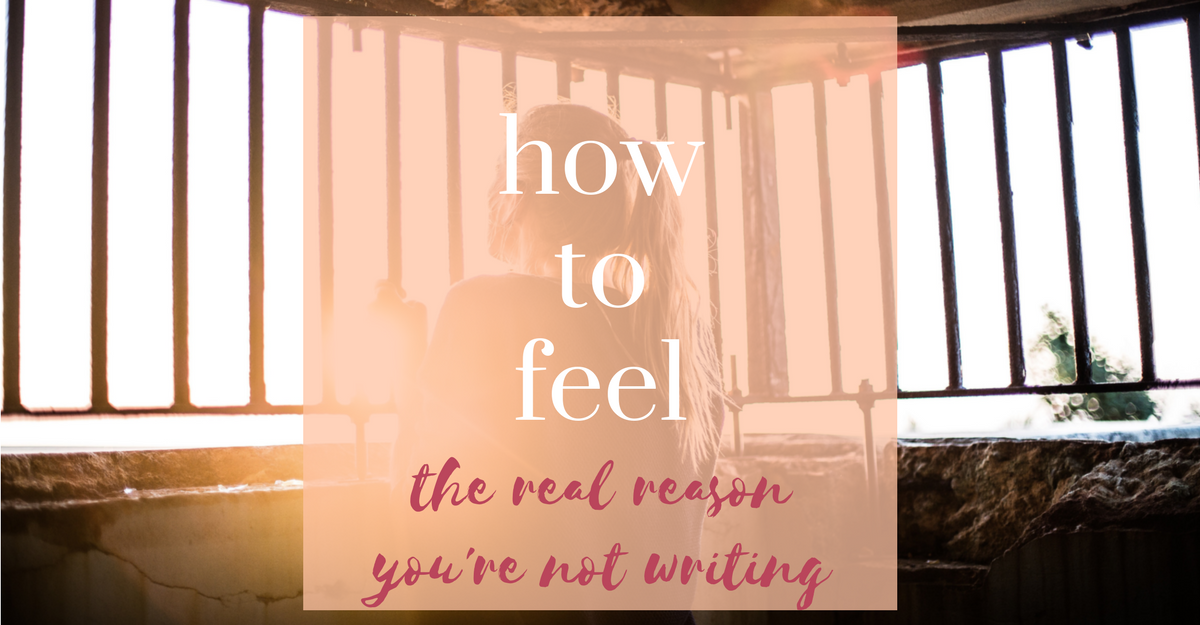What to do when your writing is rejected
/When I was 21—and so fresh out of college I was still catching up on sleep—I complained to my mom that I didn’t have anything to write about.
I sighed, propping my elbows on my parents’ perfectly clean kitchen counter and gazing out at the tranquil suburbs that surrounded our house. “I mean, what could I possibly write?” I said. “My life’s just too boring.”
Well, that isn’t true anymore. Within the past year, I’ve lost a parent to cancer, quit my high-paying job without all that much of a backup plan, and canceled a wedding that was only seven weeks away. I’ve moved into an apartment with a hole in the bathroom wall. I’ve gone on dates and said humiliating things during them—for example: “Sorry, I’m a bit out of practice.” I’ve toppled out of a handstand in the middle of a crowded yoga class.
So what did I do? I poured all of the pain, all of the lessons I’ve learned from my father’s slow, horrible illness and the slow, horrible dissolution of my relationship, into a 1,700-word essay. I revised it ten times, until it sounded like me. It was lyrical but real, and still a bit raw about the edges. My mom cried when she read it.
And then I sent the piece to my dream venue. “It’ll be perfect there,” the woman who teaches my nonfiction class told me. I checked my email about a million times a day, looking for the editor’s reply. Every time I got a call from an unknown number, I wondered, “Could this be it?”
Tonight, I got my reply: a form email rejecting my essay. And just in case I was tempted to ask why, the note demurred, “The volume of submissions we receive makes it impractical for me to offer editorial feedback.”
Well, that’s that.
The email arrived while I was standing under the harsh fluorescent lights of a big box store. As I fought my way out of the parking lot and drove home—“home” being a craggy old apartment I share with three roommates—I felt like someone had scooped out my insides with a melon baller.
A bad angel landed on my shoulder. You know, the one that whispers in your ear: “Why bother? Wouldn’t it be easier if you never wrote again? You could redirect your energies toward more practical endeavors. Marrying rich, for example.”
When I unlocked the door to my apartment, plastic shopping bags weighing down my arms, giving up seemed like a viable option. Melting into the hardwood floors seemed like a viable option.
But then the idea for this post started tumbling around my head. I remembered that my thoughts are made of words, and sometimes I can’t see them properly until I sit at my rickety desk and write them down.
Slowly, as these words appeared on my screen, my shoulders relaxed and my teeth unclenched. I started to feel better.
So what do you do when your work is rejected? When you get a form letter that might as well end, “P.S.: Please don’t ever get in touch with us again”?
You sit down and you write some more. Because there’s no better way to shake off that miserable, leaden feeling of uselessness—of wanting to melt into the floor or tumble headfirst into a giant glass of wine—than to just keep going.
Was that rejected essay of mine perfect? No. Will I pull it out of the drawer someday and revise it? Probably. Will I submit it to other publications? Very likely. But in the meantime, I’ll find comfort in the knowledge that—as long as I don’t give up—I’ll discover other words in me, other ideas. All I have to do is brush that bad angel off my shoulder, sit at my laptop, and hit the damn keys.
Dearest readers: How have you coped with rejection in your creative or professional life? Have you ever thought of giving up? What motivates you to keep going?










